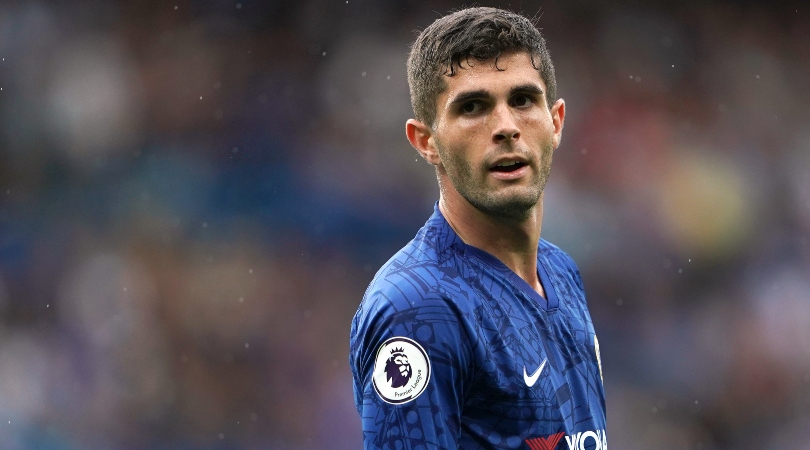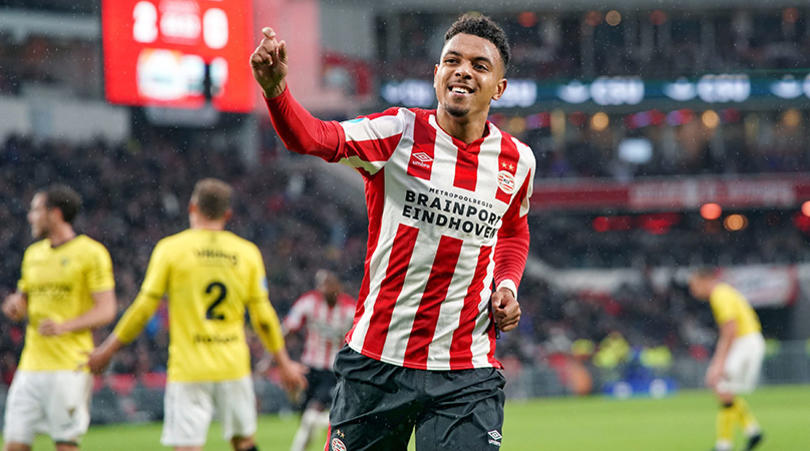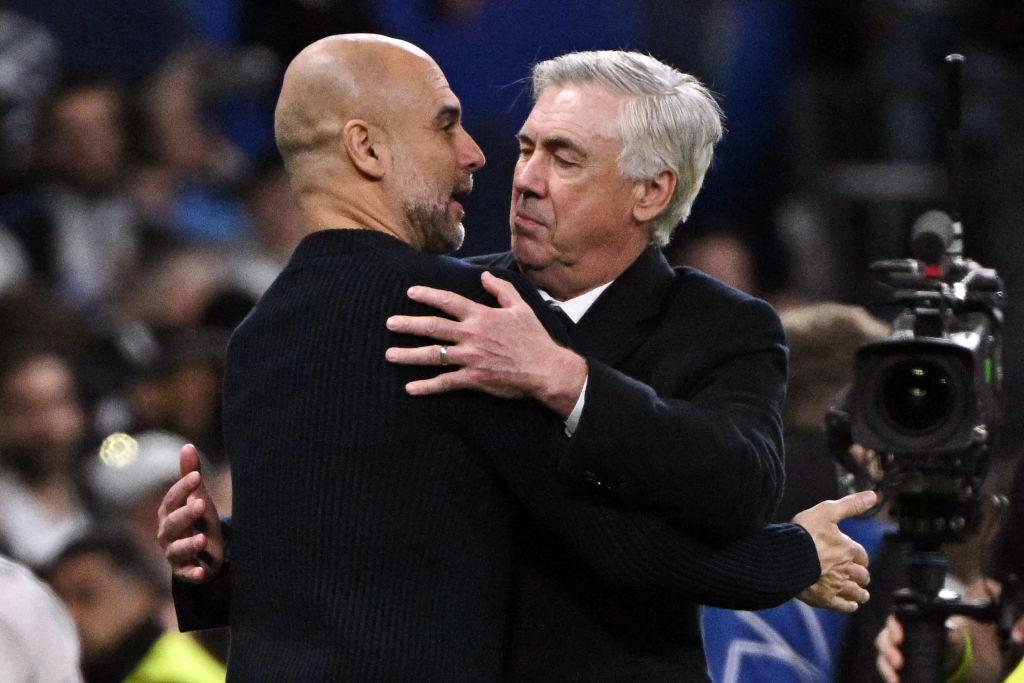Why Christian Pulisic is symbolic of Chelsea's disjointed past – but could still represent a brighter future
Despite the new focus on youth, £58m signing Pulisic is struggling for minutes at Stamford Bridge. But can he be brought in from the cold and be a success over time?

For Christian Pulisic, the chance to join up with his international team-mates this week will be a relief. The United States will play Cuba in Washington on Saturday and then head to Canada next week. For Pulisic, that will not only mean the chance to play, but also the opportunity to spend time in an environment within which his worth is clear.
Because it certainly isn’t at Chelsea. The 10-minute substitute appearance against Southampton on Sunday was the first time that the 21-year-old had been seen in the Premier League since August and, during that absence, the suspicions of distance between him and Frank Lampard have grown.
Perhaps they’ve been overstated. English football does have an appetite for soap opera dysfunction, but there’s a strange tone to the conversations around this episode.
NEWS "I want to be starting every game" – Christian Pulisic shares Chelsea frustration
When Lampard has been questioned about Pulisic’s absence, for instance, he has typically made vague comments about the need to work hard in training. WIth no proper perspective it’s hard to argue, but that doesn’t really fit with the common portrayal of the player. Pulisic is most often described as a dedicated and driven self-starter. He also made his name at Borussia Dortmund, where nobody rises without first knowing how to grind.
On a superficial level at least, Lampard's comments don’t make much sense. More likely, this is a case of him showing loyalty to players with whom he has a prior relationship. Rightly too, he’d argue, on the basis of Chelsea’s league position and how quickly Mason Mount, Callum Hudson-Odoi and Tammy Abraham have taken to first-team life – but it's still not something he can openly say.
There is encouragement, though; the situation is far from terminal. Both Lampard and Pulisic continue to talk publicly of being patient and, in terms of the player's career, the hazard lights aren’t flashing yet. Irrespective of the outside world’s appetite for melodrama, these are two intelligent personalities who are more than capable of finding a compromise and, in time, serving each other very well.
Get FourFourTwo Newsletter
The best features, fun and footballing quizzes, straight to your inbox every week.
But this initial distance between them is still indicative of a problem which continues to stalk Chelsea and which, hopefully, they can spend the rest of their enforced hiatus from the transfer market correcting.
Technical decisions which relate to the first team should belong solely to the corresponding departments within a football club. The financial aspects – the fees, the wages – have to be negotiated at a level above and that’s unavoidable, but transfers must always reflect the collective will of the relevant coaches.
The negotiation for Pulisic didn’t, to which this scenario is partly attributable. It was a signing driven by Marina Granovskaia, without the involvement of then-head coach Maurizio Sarri (famous line: "I didn't know anything about [signing] Christian Pulisic yesterday"), and it was criticised at the time as a result. In time, that may prove unwarranted and Pulisic may become a great success, but the points raised about due diligence will remain relevant regardless.
When a player joins a new club, his trajectory will be determined by the coach with whom he works. For obvious reasons, that mandates the existence of more than just footballing synergy – the two people have to get on, they have to be able to communicate, and it’s impossible to know whether that compatibility exists if it’s not explored properly prior to a contract being signed.
Hopefully, that’s where Petr Cech will become increasingly relevant. Cech is not a sporting director, he is a technical and performance adviser. Chelsea’s intention when appointing him this summer was to create a conduit between the first team and the board, to fill the longstanding void left by Michael Emenalo’s departure. The hope is that Cech evolves into a similar figure over time.
But hopefully a better version of Emenalo, because the Nigerian's time at the club was still characterised by ideological differences, wastage and, in a few famous cases, missed opportunities with players who would later prove to be among the continent's best. Emenalo’s eye for talent was sharp, so too was his understanding of how to make gains from the transfer market, but he didn’t always connect the departmental dots – he didn’t always appreciate what a head coach needed to be successful.
So Chelsea have to detach themselves from that past. Lampard and his team’s altered dynamics are helping to create that new identity, certainly. But for that process to continue, they have to become a club with a proper, functioning network, full of the co-operative partnerships which prevent these little situations from occuring again. Pulisic and Lampard may never have expected to work together, but that doesn't mean that the initial results of their union can't be instructive.
While you're here, why not take advantage of our brilliant subscribers' offer? Get 5 issues of the world's greatest football magazine for £5 – the game's greatest stories and finest journalism direct to your door for less than a pint in London. Cheers!
NOW READ...
FIFA 20 The best young strikers on FIFA 20 by career mode potential
QUIZ Can you name the 52 players to have played every minute of the 2019/20 Premier League season so far?
HOW TO Premier League live stream best VPN: how to watch every game from anywhere in the world
Seb Stafford-Bloor is a football writer at Tifo Football and member of the Football Writers' Association. He was formerly a regularly columnist for the FourFourTwo website, covering all aspects of the game, including tactical analysis, reaction pieces, longer-term trends and critiquing the increasingly shady business of football's financial side and authorities' decision-making.

